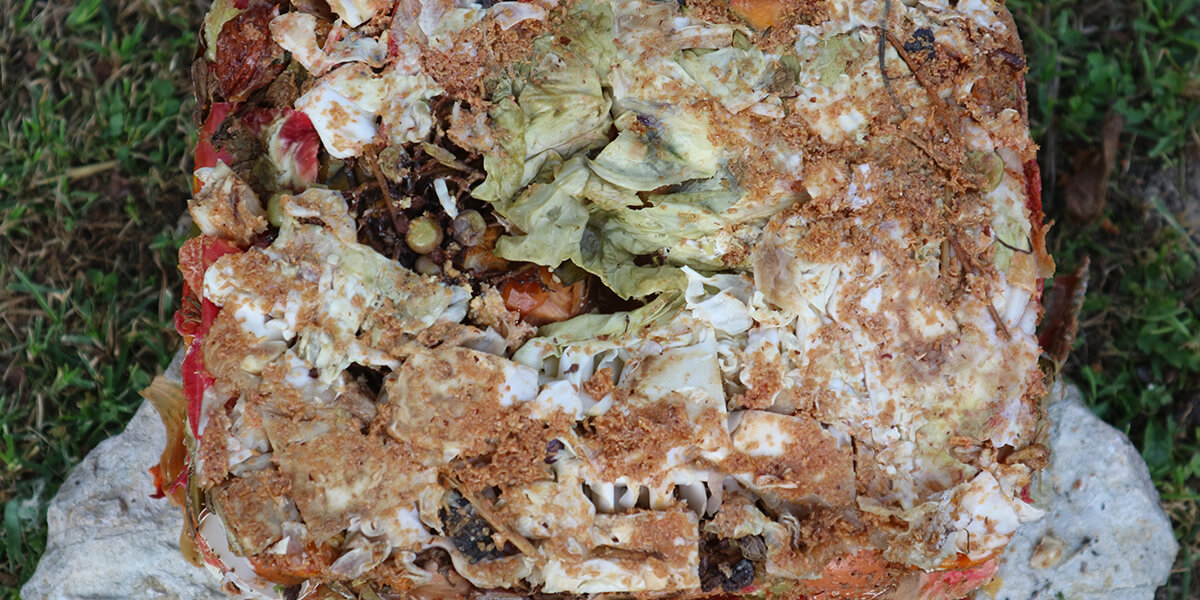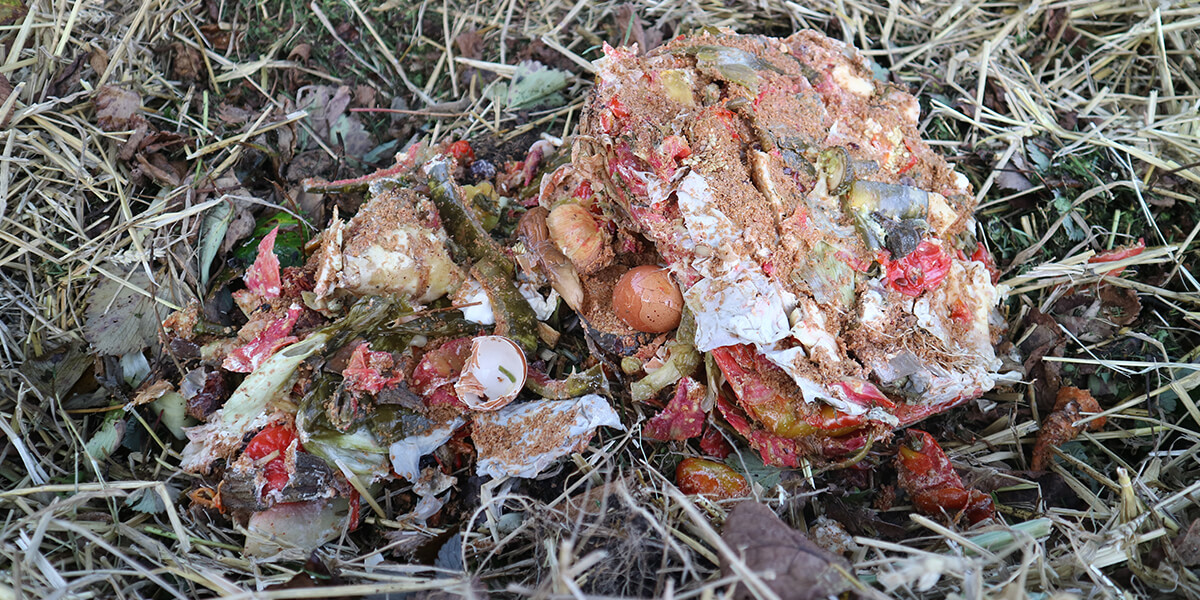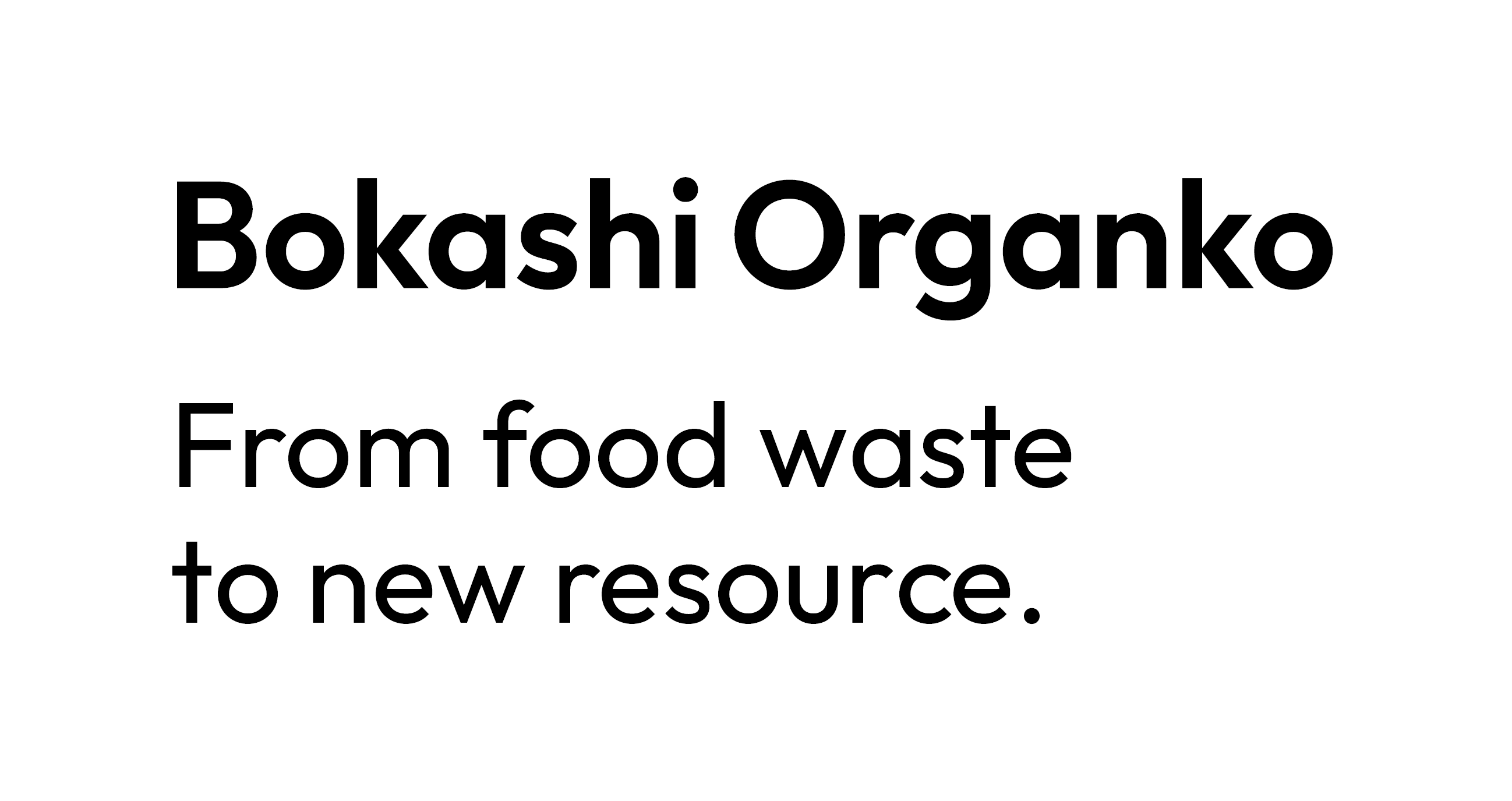Thanks to global markets, the season of lemons, tangerines, oranges and grapefruits never ends. We can get these tasty and vitamin-rich fruits at any given time. Consumers love preparing fresh juice for breakfast, use them in baking or add some lemon to their tea. You can even use them as a salad dressing or as an organic cleaning tool. The point is, citruses are always around and so are their peels. But what to do with these biological leftovers? There are rumors out there that you can’t really compost citrus peels for some reason. But is this true?
We have already talked about which leftovers are allowed to be put into the bokashi bin and we specifically mentioned that you could compost citrus peels without a problem. However, some people still believe that peels do not decompose, while others state that citrus peels contain pesticides and are therefore not suitable to be used in garden soil. Let’s address both concerns.

It is perfectly fine to compost citrus peels
Yes, it is true that citrus peels do not decompose as easily as other bio-waste in normal circumstances. Their adipose cells, which contain various essential oils that give off a characteristic citrus scent, are very resentful to breaking down, especially if we leave citrus peels to dry up.
However, it is much easier to compost citrus peels if we put them into a Bokashi Organko composter, where they ferment first and/or decompose them in a hot compost pile. The effective microorganisms found in bokashi bran, which should be added regularly to the food waste inside your Bokashi Organko, will play a vital role in this process and quickly break down even the stubborn adipose cells.
Once the process in Bokashi Oganko is over and you take the fermented mass out, you might still notice that citrus peels look untouched. But don’t worry, in the next phase, where you bury the bokashi mass in your garden, the leftovers will quickly dissolve into the soil and lose their shape.

Can pesticides found in citrus peels contaminate your compost?
Another major concern that influences people to believe they shouldn’t compost citrus peels are pesticides. Many people think that pesticides used to grow lemons, oranges and other citruses can contaminate their compost, which can later affect the quality of their garden soil.
The funny thing about addressing this concern is that most consumers only attribute the use of pesticides to citruses while having no problems with other types of fruit and vegetables. The truth is that chemicals are used in all big-scale food production and if you really worry about your health, you should consider buying organic products only, including organically-grown citruses. That is the easiest way to keep pesticides out of your body.

However, studies have shown that effective microorganisms have a great quality of breaking down a large portion of these substances into inert elements and making them harmless for human beings. That means you can compost citrus peels from all sources and still get a fermented mass of great quality.
Hopefully, we have demonstrated once again that home composting in Bokashi Organko is a great way of managing your bio-waste and producing your own organic fertilizer. It’s a win-win situation for you and the environment since it allows you to participate in this tremendous sustainable circle of taking from nature and giving back to it. If you want to be a part of this growing trend, check out our collection of compost bins and order one for yourself. Indoor composting is much easier than you think and we can further help you by providing useful tips on our blog


